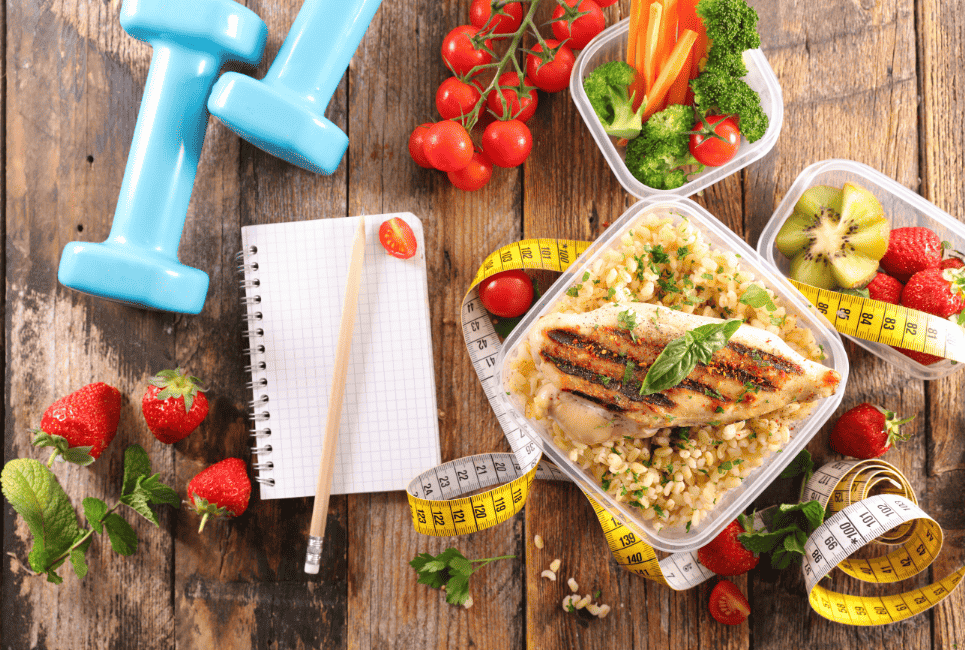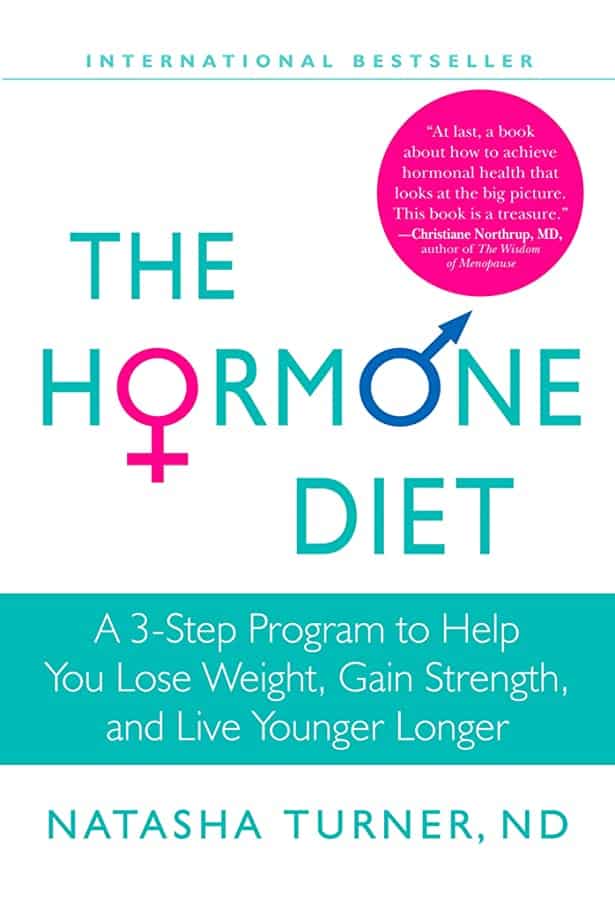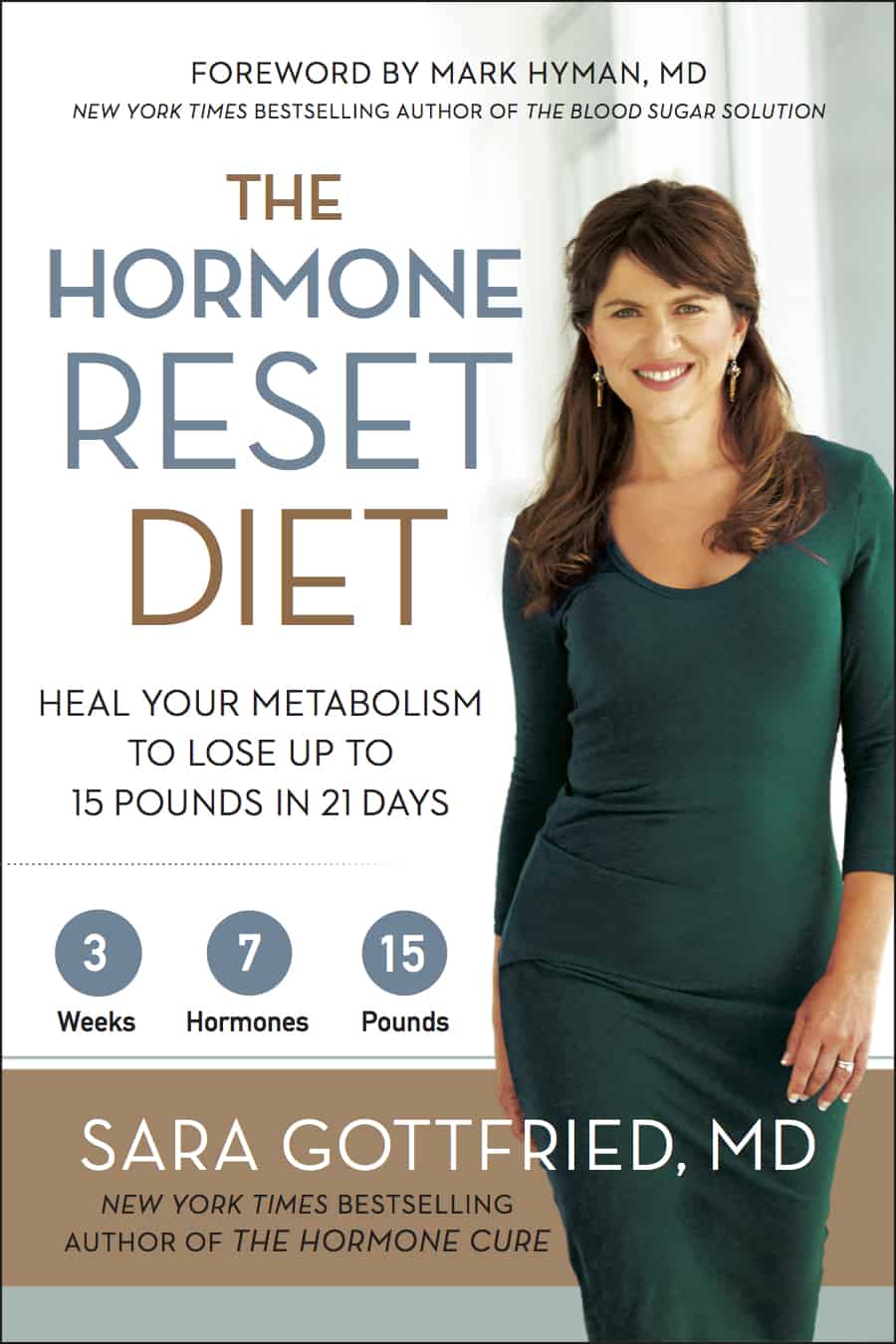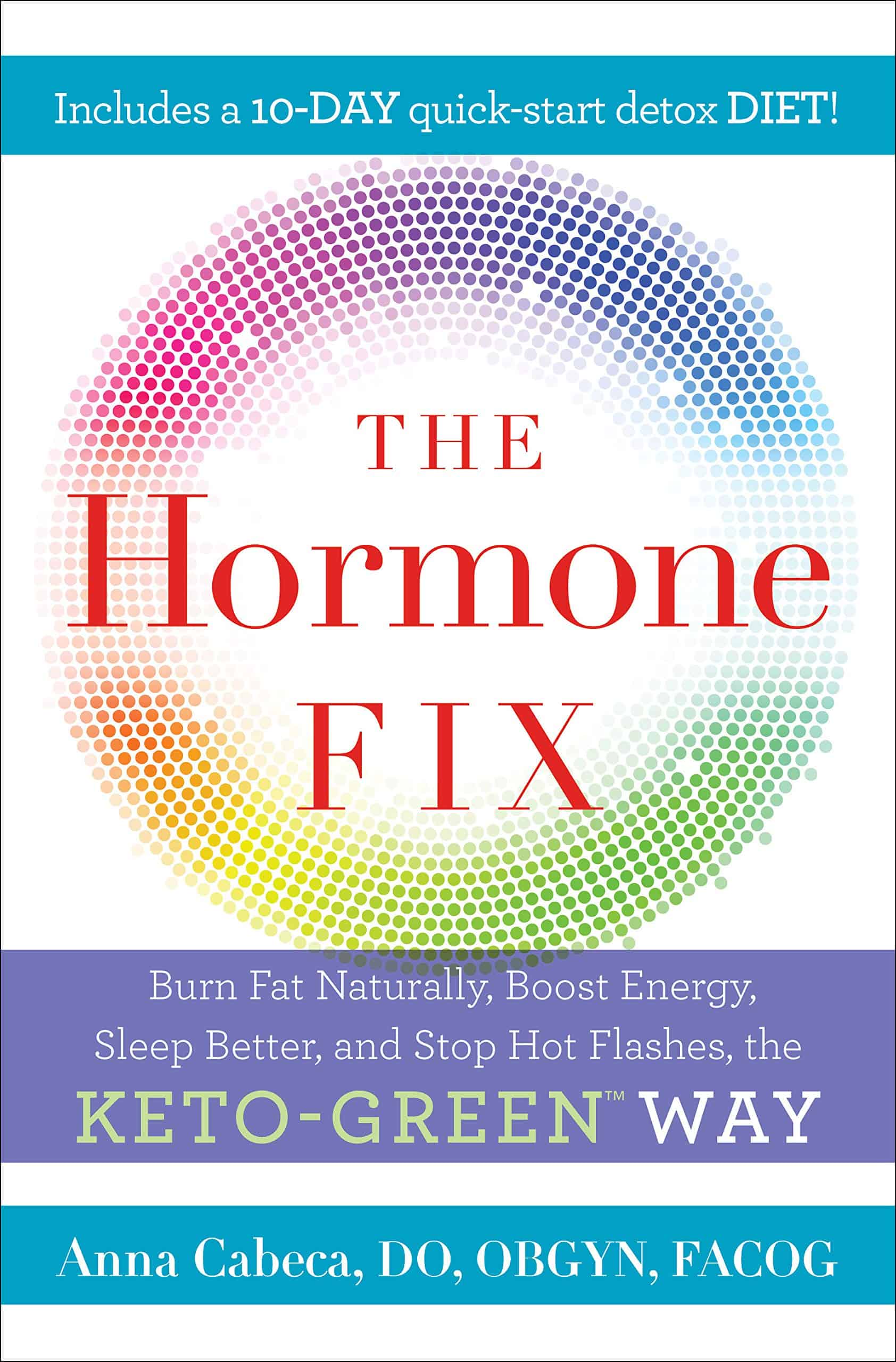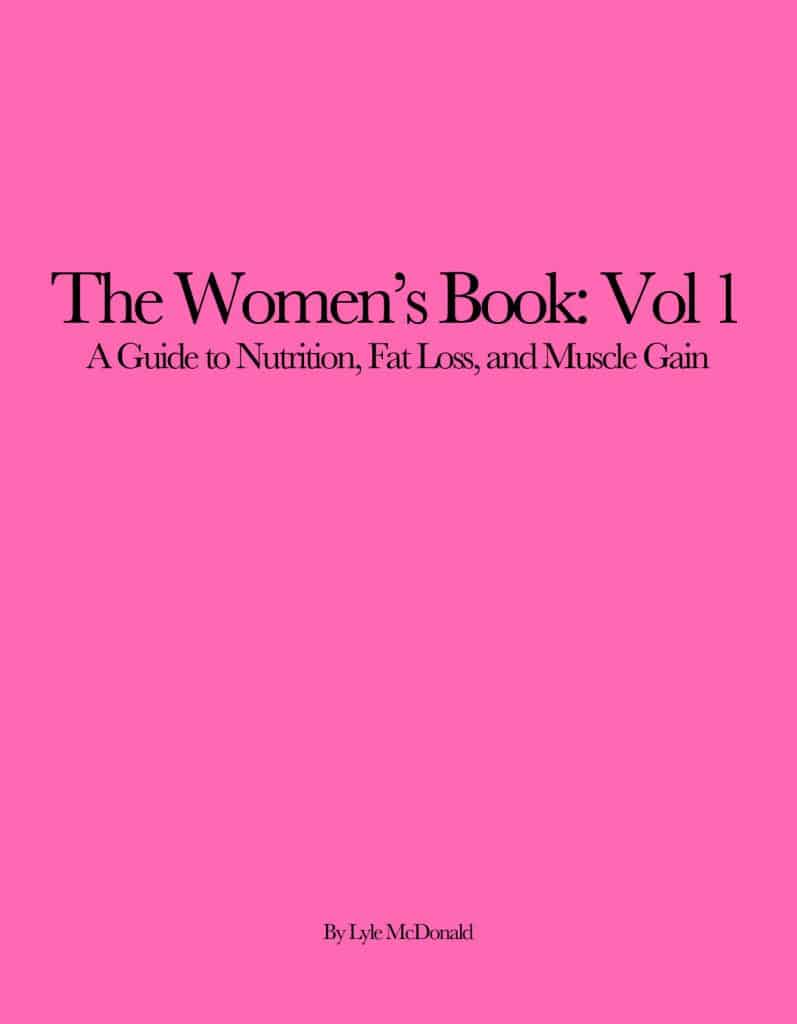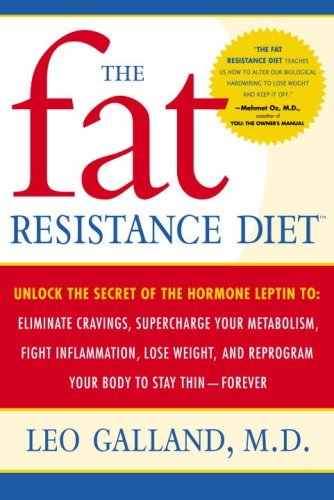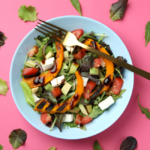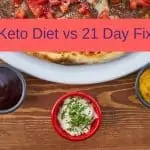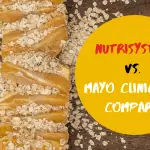Topic Contents
Introduction
I’ve been doing a fair bit of research into the ideas behind the hormone diet recently, and as anyone who’s done the same will attest, there are hundreds of these books and plans to use as examples.
Having sifted through the contents of the most famous editions — as well as a lot of customer reviews — I’ve come up with a definitive list showcasing which ones I think are worth your time. As I’ve said before, while the scientific evidence is scant regarding nutritional interventions altering hormones, that doesn’t discount that a lot of these diets still work great for overall health. It may even be that improved overall health and weight loss have a significant impact on hormones in and of themselves.
Before reading this article, I’d highly suggest reading my other piece here on Alt Protein entitled What is a hormone diet?. That’ll get you up to speed with the important information you need to know before trying it out for yourself. Once you have, read on for my best picks!
Bottom Line Up Front
This guide aims to provide you with an informative, curated list of what I consider the most beneficial hormone diets. As is the case with any nutritional information you come across, it’s good to develop a critical mindset. Really consider the why and how as well as what. There’s a lot of misinformation out there, so as well as providing my picks of the best diets, I’ve also included sections on what you should be looking for and what you’d do best to avoid.
As well as the main sections, you’ll also find my top three favorites from the list and a handy Frequently Asked Questions section.
Criteria
As you can imagine, what constitutes a hormone diet is varied considering the number of books available, so it’s important to define criteria to narrow down what will be most useful to you. Here are my prerequisites.
A multi-factorial approach: In my mind, the biggest benefit of the hormone diet is its multifactorial approach. All entries in this list will aim to improve health from several different angles including nutrition, muscular strength, cardiovascular proficiency, and mental well-being. Above all, they’ll look at the problems through the lens of lifestyle rather than just a quick-fix diet.
Should focus on food choices as opposed to calories: I believe a crucial prerequisite for diet adherence is a shift towards explaining how foods work as opposed to just managing calories. Energy balance is the biggest determining factor for weight loss, but by utilizing broad concepts such as cutting out certain food groups and managing macronutrient ratios, people can see the same overall reduction in calories without the need for meticulous tracking. For this reason, the recommended books lean more towards this approach other than one notable exception: The Women’s Book by Lyle McDonald which is a little different.
No particular order: I think there’s too much nuance involved to rank these diets in any particular order; they’re all great options, and the best of the bunch will vary depending on your goals.
What is a hormone diet?
Briefly, a hormone diet is exactly as it sounds — a nutritional plan with the express goal of having a positive effect on your hormones and the way you feel. While there isn’t any scientific evidence for nutrition being able to rebalance hormones, the associated weight loss, improved fitness, and better mental well-being, do indeed have an effect on hormone-related problems.
I explained this in detail in my other article linked above, but the main takeaway was that the hormone diet can be highly beneficial to overall health irrespective of its more lofty claims. The plans tend to be very lifestyle orientated, and with weight loss usually being best tackled with a full lifestyle overhaul, it’s no wonder the approach has worked very well for thousands of people. Below, though, we’ll have a brief look and what you want and don’t want from these types of diets.
What to avoid
Firstly, I’d steer clear of any overtly suspicious claims. A lot of books I’ve come across seem to take the stance of shunning sound medical advice in favor of their approach, and if there’s one thing you shouldn’t do, it’s to disregard expert knowledge for a potentially illegitimate plan from a book. I’ve seen everything from diet plans which link concepts of spiritual healing to those claiming a totally unrealistic weight loss goal, so just bare this in mind: if it seems too good to be true, it probably is!
I’d also steer clear of the majority of straight hormone cookbooks. With the efficacy of diet as a means to directly influence hormonal behavior being scientifically unverified, you’re really not gaining anything unique here.
Seven of the Best Hormone Diets
1. The Hormone Diet – Natasha Turner
You can’t go wrong with the original, and Turner’s approach is it; this is the foundation for which the majority of hormone diets are structured. The diet is full of information on a wide variety of individual food groups as they pertain to weight loss and intolerances, and the classic structure of three distinct phases makes it easy and motivating to follow.
The dieter will go through periods of individual focus on certain aspects from eliminating potentially problematic foods, to securing an effective exercise regime and methods for managing mental health. It’s a holistic approach, and given the wealth of glowing testimonies, it’s clearly done wonders for a lot of people.
If you’re looking to see what the fuss is about regarding the hormone diet, this is the obvious place to start.
2. The Hormone Reset Diet – Sara Gottfried
Gottfried’s reset diet is another highly popular choice that you might have heard of before. This is a great option if you’re looking for a shorter program: the plan only takes 21 days to complete, and it focuses on seven key hormones implicated in hormonal weight gain: Testosterone, Growth hormone, Thyroid, Cortisol, Leptin, Insulin, and Estrogen.
I particularly liked the fact that this diet promotes foods that are helpful for certain organs, such as Avocado for its proven benefits to the thyroid or the Choline contents of eggs and how it pertains to nervous system health. Similarly to the original hormone diet, it also breaks down several elimination-based strategies to tackle intolerances, and overall, I think this book is a great introduction to how different foods behave within the body.
3. The Hormone Fix —Anna Cabeca
Anna Cabeca’s hormone diet deviates a little from the traditional approach. Focusing primarily on the issues surrounding menopause, the plan comprises two ketogenic-style diets. It eases you into things nicely with a ten-day detox program, which is then followed by Cabeca’s 21-day keto-green plan.
While the efficacy of the ketogenic diet is still yet unknown, what is clear is that replacing refined carbohydrates with high-fiber green vegetables is always positive. Shifting your macronutrient ratios towards protein will also help you feel fuller for longer, and you’ll need those extra amino acids (protein building blocks) to progress with your resistance training — a highly recommended form of exercise for menopausal women.
4. A Quick Guide To Balancing Your Hormones — Patrick Holford
If you want a light but informative introduction to the key topics surrounding hormonal imbalances, Patrick Halford’s quick guide is an excellent choice. It only takes about an hour to read, but it’s a great springboard to arm you with the basics for some deeper research.
What I liked about this book in particular was the practical information on food intolerance testing. Sometimes, the symptoms of an intolerance are very similar to hormonal symptoms, and therefore a problem can be remedied simply by omitting that food from your diet. It also covers a wide range of general woman’s issues such as Polycystic ovary syndrome and breast cancer, so it works nicely as an overview for issues you’ll want to know about beyond menopause.
Its accessibility is the biggest selling point, so it’s perfect to download onto your Amazon Kindle or phone — and very cheap, too!
5. The Women’s Book — Lyle McDonald
There are many strong voices in the diet and fitness community, and Lyle McDonald’s is one of the loudest and most longstanding. The Women’s Book is distinctly different from anything else I’ve covered on this list, and while it doesn’t fit within the parameters for what traditionally qualifies as a hormone diet, there’s a huge focus on the relationship between hormones and weight loss throughout.
This one isn’t for the faint-hearted, though. It’s extensive in just about every way, so if you’re looking for something simple, this isn’t it. Instead, this is perhaps the most in-depth and diligently researched text on women’s weight loss issues available beyond reading scientific papers.
You’ll find a wealth of fantastic information on setting up a diet, finding out your maintenance calorie level, how to train, and the complex, interconnected mechanisms by which menopause makes weight loss difficult. I highly recommend this book to anyone wanting to delve deeper into this topic.
6. The Fat Resistance Diet — Leo Galland
If I had to pick one hormone that was crucial in understanding hormonal relationships to weight gain, it would be Leptin — the master control messenger that signals the hypothalamus region of the brain to tell us we’re full.
As I discussed in my other article on hormone diets, Leptin resistance is among the most common problems overweight individuals face, and this book is all about it. It’s packed with essential reading regarding the dangers of processed sugars and fats, as well as illuminating the dangers of inflammation while providing a robust methodology for tackling it.
Galland also streamlines the process with easy-to-cook meals, which has always been an underrated factor so far as diet adherence. This book is a great choice for getting to the core of a weight loss problem.
My Top Three Picks
While I can recommend each diet listed here, these are my personal top three favorites in no particular order.
1. The Women’s Book — Lyle McDonald: This is a fantastically detailed and rigorously researched text. It contains absolutely everything you need to know about dieting with women’s issues in mind, and I’m yet to come across a book that offers quite as extensive a range of topics as this.
2. The Hormone Diet — Natasha Turner: As the old saying goes, if it ain’t broke, don’t fix it. Turner’s original plan is your best choice if you’re wanting to know what the fuss is about, and its structure of three distinct stages is cleverly designed to keep things from getting stale.
3. The Fat Resistance Diet — Leo Galland: Leptin is a very misunderstood hormone, and Halford’s book does an excellent job of illuminating this complex topic in a digestible manner. You’ll finish having understood a wide range of intricate topics, and most importantly, an actionable plan for changing your diet and lifestyle for the better.
Frequently Asked Questions – Best Hormone Diets
Answer: Ultimately, you’re not going to know if a given diet works for you unless you try it, but realistically, most of these diets should help you weed out any dietary-related health problems in that they all include an elimination phase in some form. If you’re unsure, perhaps start with A Quick Guide To Balancing Your Hormones.
Answer: If you’ve followed the diet properly and have found you don’t particularly enjoy it, I’d advise trying something else rather than going for another hormone diet book. Most of your progress so far as weight loss will come from a sustained calorie deficit but, as the saying goes, there’s more than one way to skin a cat. If you find you don’t have any specifically problematic food groups, or you find that you simply don’t resonate with the approach prescribed, maybe try something like the 5:2 or low carb. Much of finding a good diet to stick to is individual, so try a few approaches out to find your ideal.
Answer: Because the interventions presented in these diets are primarily based around basic health principles such as increasing fruits, vegetables, and whole grains, reduction of junk foods, physical exercise, and mental health, there’s nothing contained within them that’s going to be inherently dangerous. Some of the books do advise taking supplements, which is perhaps the only contentious issue, but as they’ll tell you: consult with your doctor first before deciding to take any. Make sure you actually have a given micronutrient deficiency to treat in the first place if you go the supplement route.
Conclusion
I hope this guide has given you some solid insight into the best hormone diet plans available. It’s been interesting to research this topic: I don’t think I’ve ever overviewed a diet and disagreed with the core principle, but then still come to find value in its approach and structure. Remember, if you suspect that you have any serious hormonal imbalances, or you’re struggling with menopausal symptoms, always see your doctor first. These diets can be a great addition to medical advice, but they should never supplement it. Good luck on your journey!
Recommended Reads:
- What is a Hormone Diet? Here’s All You Need To Know
- The Best Military Diet Alternatives You Should Know Of
- Best Wonderslim Plan to Choose – Which Suits You Best?
- The Top 10 Best Diets – Find One to Love [Actually]
- Keto v Mediterranean Diet – Which Is Best For You?
- The Best Military Diet Alternatives You Should Know Of
- The Bulletproof Diet Review – Is it a Life-Changing Diet?
Linden is a keen fitness junkie and loves showcasing nutrition’s important for anyone starting a fitness journey. After his training in Sports Nutrition, Linden loves offering health recipes and workout routines for people of all fitness levels and backgrounds. He believes no matter how old you are or how far you have to go, fitness should be fun!


